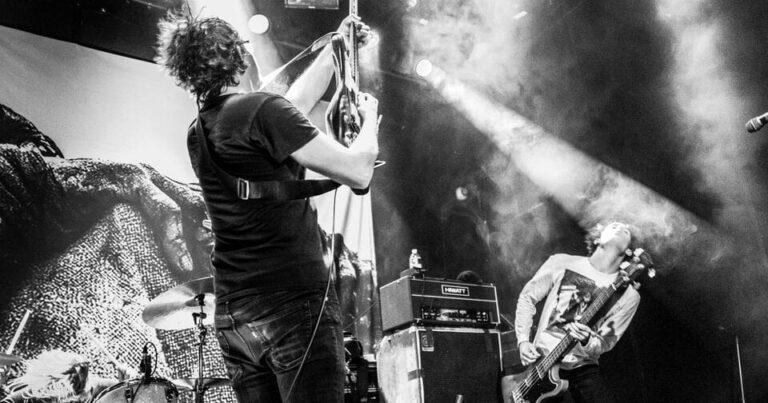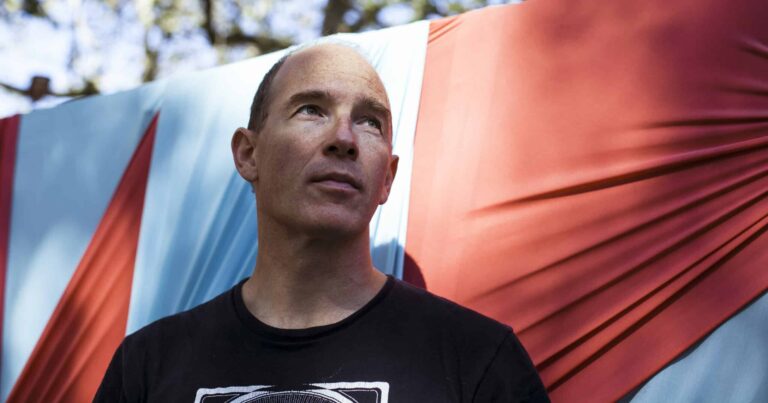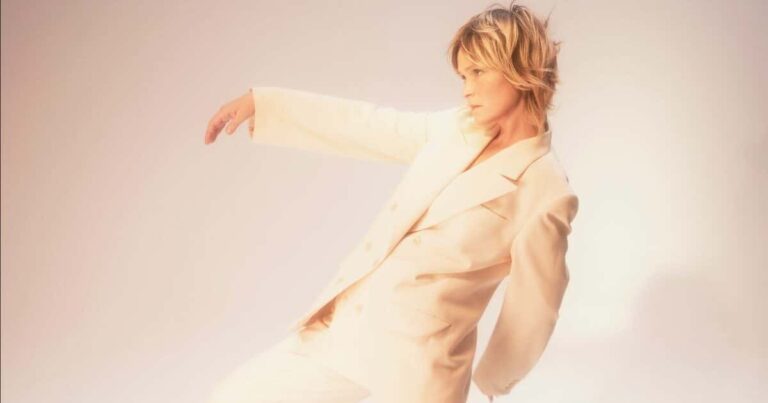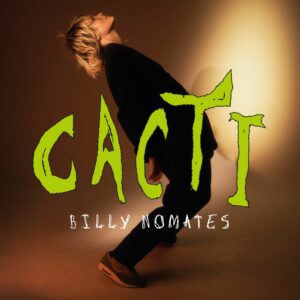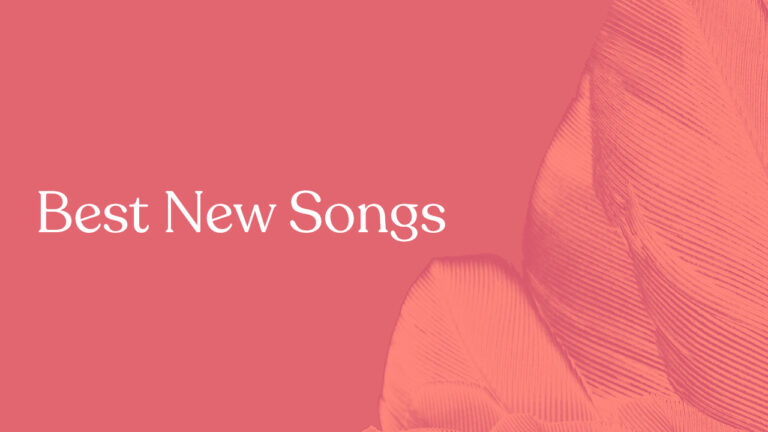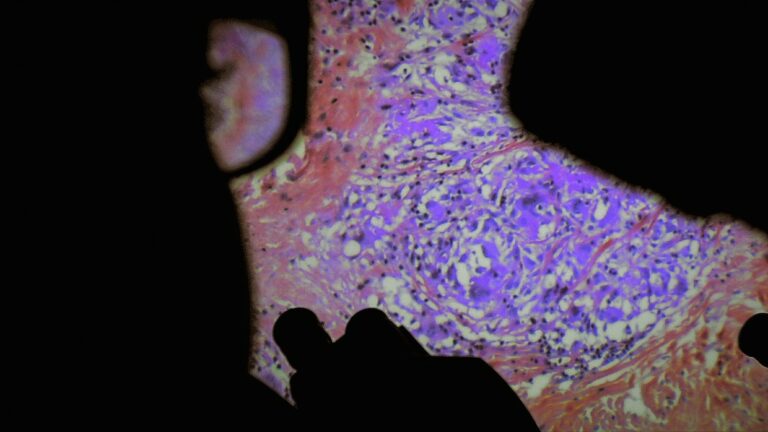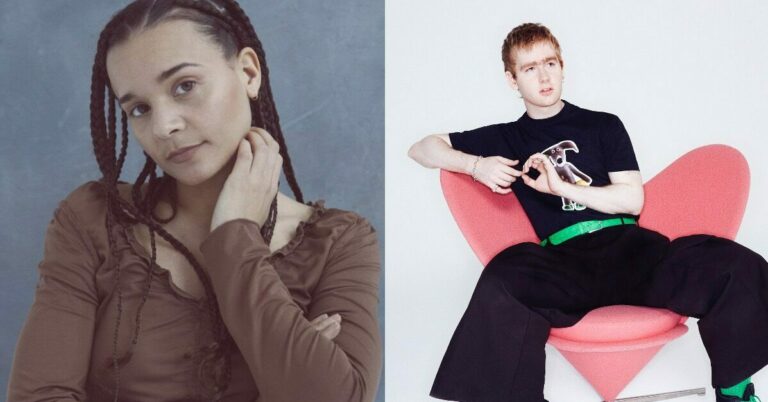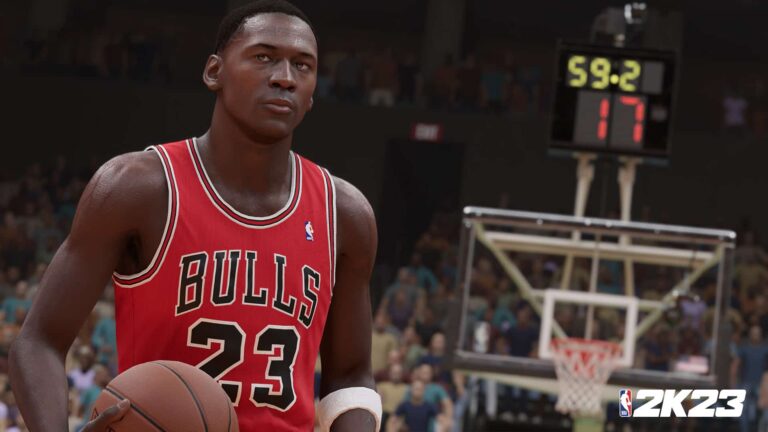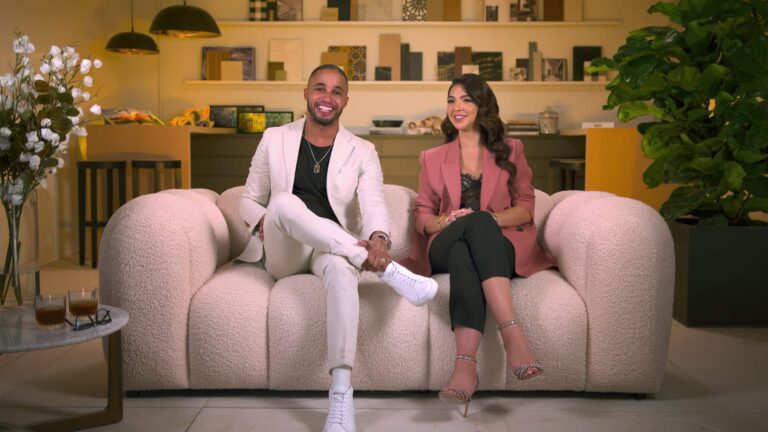Many Americans take their physical fitness seriously. On the aerobic exercise front, around 50 million people regularly go running or jogging. That’s to say nothing of all of the people who take yoga classes, have gym memberships, or participate in some other kind of regular physical training.
Of course, most serious physical activity requires shoes of some kind. If nothing else, they help to cushion your feet and lessen the impact on your ankle and knee joints. For anyone who participates in multiple kinds of physical activity that creates a dilemma: training vs running shoes.
If you’re not clear on the differences or which kind of shoe you need, keep reading for our guide to training shoes and running shoes.
What Are Training Shoes?
In general terms, training shoes are all-purpose shoes for physical activity. They provide support for the wide range of motion that you commonly see in sports and exercise, such as:
- Jumping
- Direction shifts
- Abrupt stops
You can spot a typical training shoe by the shallower heel drop, which is the difference in thickness at the toe of the shoe and the heel. Training shoes often have a flatter look because of the smaller heel drop.
Training Shoe Uses
Training shoes see use in a wide variety of exercises. They offer good support for agility training where traction matters. Training shoes routinely provide additional heel support, which makes them a good choice for lifting weights.
Training shoes are also the right choice for most sports, such as tennis and basketball. Those sports activities usually rely on fast direction changes and abrupt stops. The structure of training shoes makes it less likely that you’ll, for example, roll your ankle while moving at an angle to return a backhand.
Who Should Use Training Shoes?
The big question for most people is whether or not they should use training shoes over running shoes. There are a couple of ways that you can decide on this.
One way you can decide is by looking at how your exercise regimen breaks down across the week. Let’s say that you’re playing basketball twice a week, lifting weights three days a week, mixing in high-intensity aerobics, and attending fitness boot camps.
If you’re someone like that, you’re going to face a heavy cross-section of movements. You need a shoe that can support your feet and legs in a variety of different scenarios. You need training shoes.
The other way you can decide is simply by looking at how often and how far you run. If you run three times a week for a mile or two, a training shoe will probably get the job done.
If you’re running more than three miles at a time or more often than three times a week, you’re out of the casual runner category. You need the specific benefits of running shoes.
What Are Running Shoes?
Unlike training shoes, running shoes provide you with support for exactly one activity: running. Running shoes are typically made out of extremely lightweight materials, such as mesh materials.
They also feature a much bigger heel drop between the toe and heel. That bigger heel drop adds some cushioning that you’ll appreciate on longer runs.
Running shoes lean toward the narrower side in terms of overall construction. Shoe companies design them that way because the shoe is only meant to support your forward motion.
When you go out for a run or jog, you typically don’t do much agility training where you move laterally. So, there isn’t any point in designing the shoe to support that kind of motion.
Who Should Use Running Shoes?
The question of who should use running shoes might feel obvious, but it’s not always clear-cut. Yes, anyone running longer distances or on a daily basis probably needs running shoes simply for the extra support the shoes offer the body.
The tricky part comes when someone is very serious about their physical fitness, but their budget is limited. What if you run four or five days a week, but you also hit the gym on a regular basis? Should you get running shoes or training shoes?
If possible, you really want a pair of both kinds of shoes. That way, you provide maximum support for your legs and body during all of the activities.
If you must make a choice between one or the other, training shoes will likely serve you best all around. While not specifically designed for running, they still offer you some support and can also support your other fitness activities.
To see some of the options for training shoes and running shoes, go to this site.
Risks of Using the Wrong Shoes
Believe it or not, shoe companies don’t make training shoes and running shoes just to make an extra buck. There are risks to using the wrong kind of shoes for different activities.
The most common risks involved include:
- General discomfort
- Injury
- Loss in performance
Let’s start with general discomfort. Running in training shoes can increase the odds of things like shin splints and joint pain. Other potential problems with wearing the wrong shoes include blisters and soreness.
On the injury front, the wrong shoes can kick off a variety of problems ranging from plantar fasciitis and tendonitis to stress fractures and joint sprains.
In terms of losses to your performance level, running shoes offer reduced traction. That can make you less agile in sports. Running in training shoes can hamper your stride, which makes your running less efficient and effective.
Training Vs Running Shoes
When people are serious about their fitness debate training vs running shoes, it’s not a casual debate. Training shoes and running shoes use different designs and materials to achieve different results.
Training shoes look at supporting your feet, legs, and body during activities that demand versatile motions. Running shoes support your feet, legs, and body only during the very specific forward motion you get when running or jogging.
Looking for more health and fitness tips? Check out the posts in our Lifestyle category.
